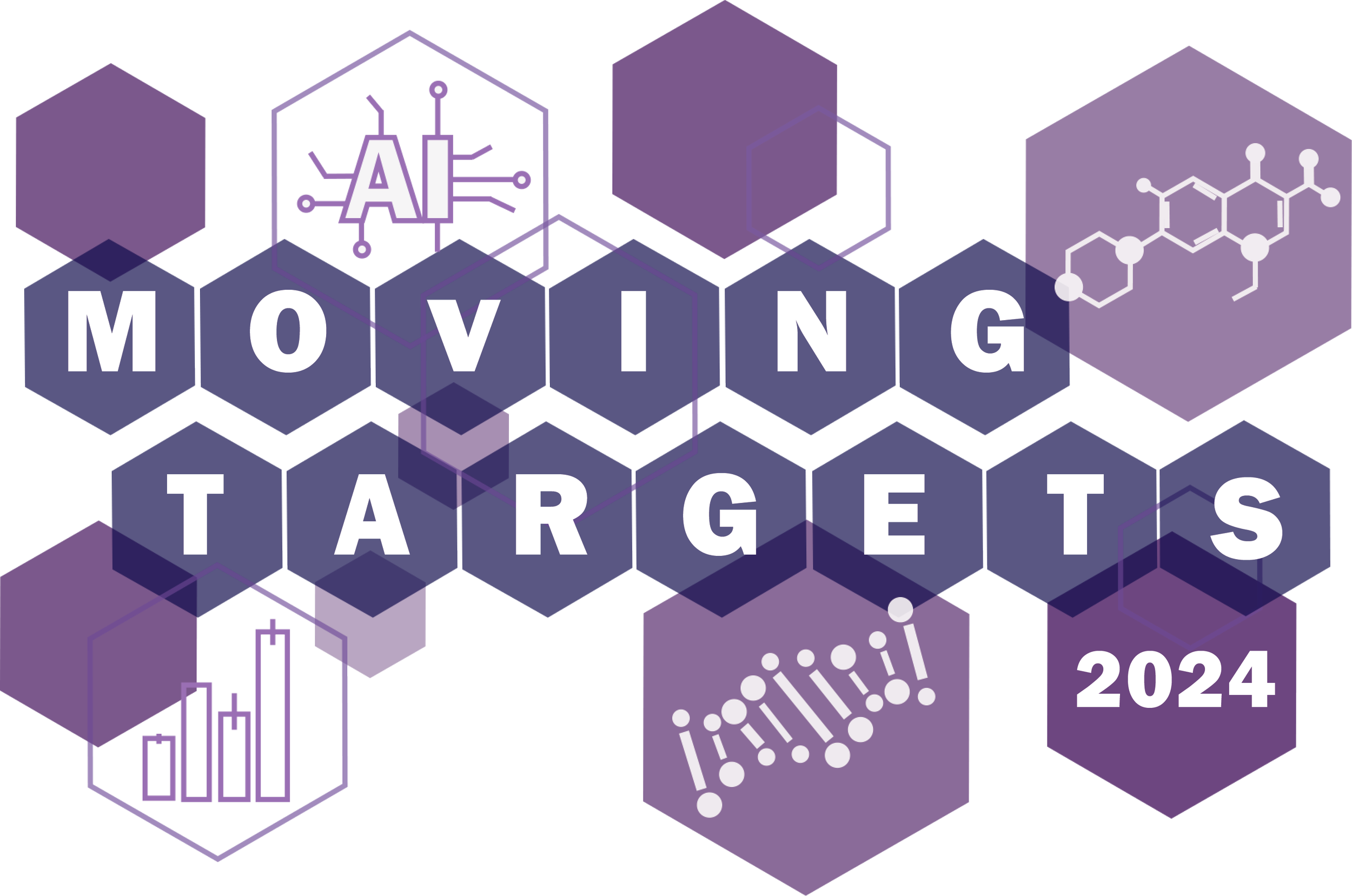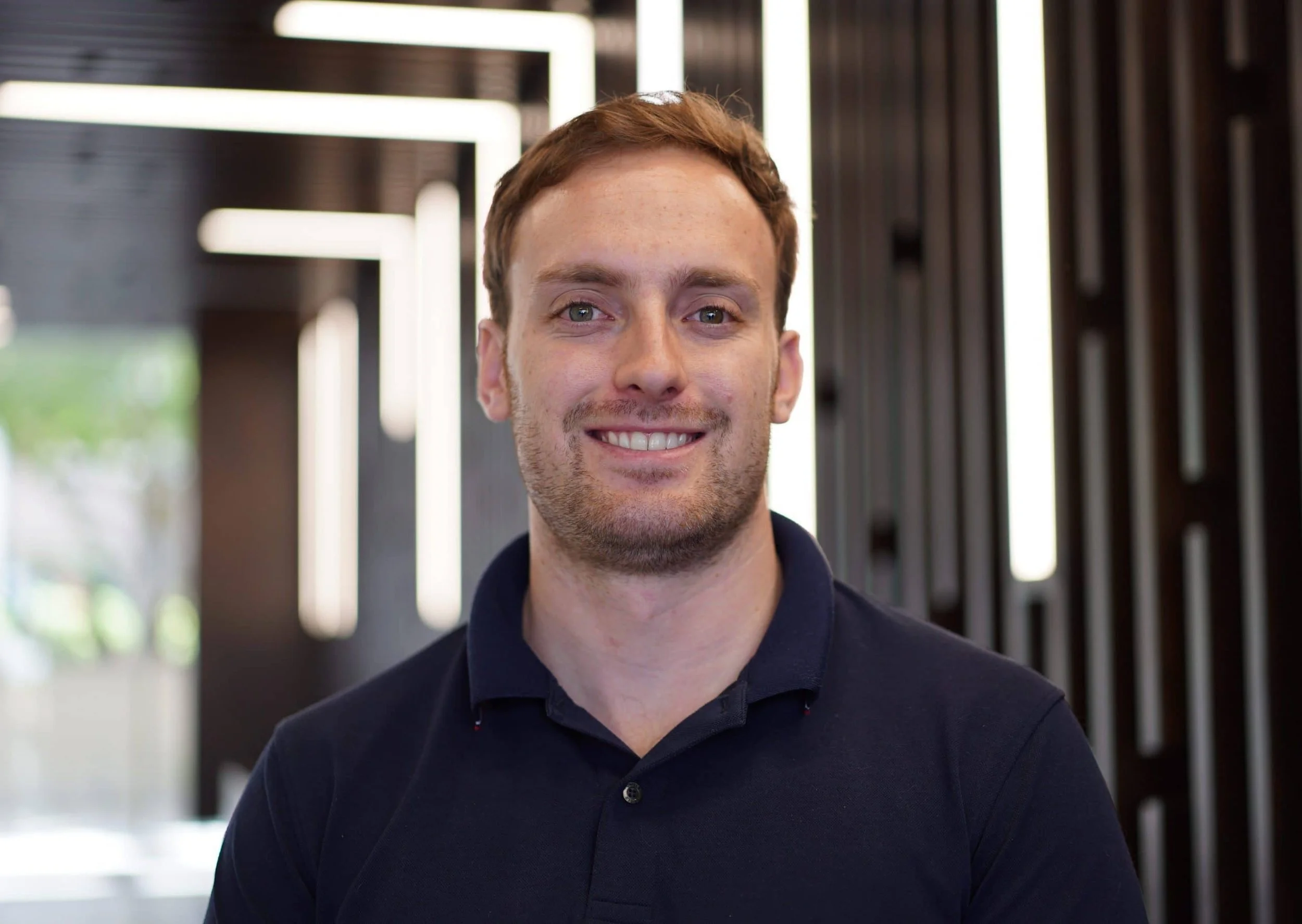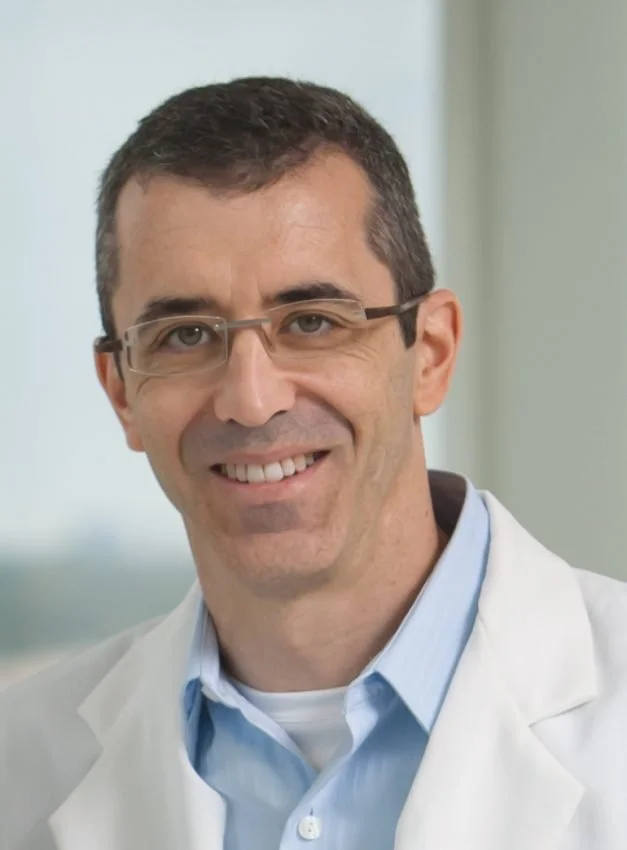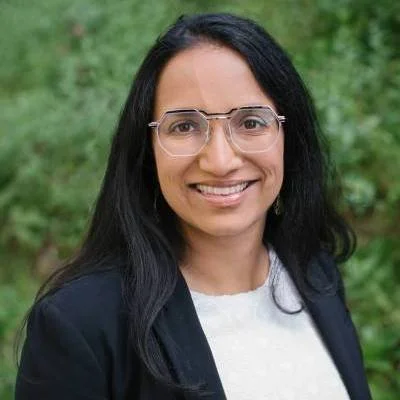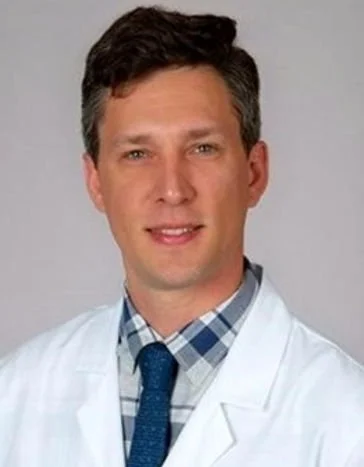Noam Morningstar-Kywi, PharmD
Scientist I, Simulations Plus
Presentation Title: Teaching Old Data New Tricks: Pharmacogenetics, Mechanisms, and Computational Approaches to Filling the Gaps
Noam Morningstar-Kywi graduated from the USC School of Pharmacy with a PharmD and a MS in Pharmaceutical Sciences. He currently works as a PBPK modeling scientist at Simulations Plus, where his responsibilities include software development and testing, consulting services for pharmaceutical industry, and pharmacokinetic research and model development. Prior to joining Simulations Plus, Noam’s research focused on computational approaches to predicting drug-target interactions and pharmacogenetics affecting drug-target binding. As part of this research, he wrote a program to predict water distribution and displacement at protein-ligand interfaces, which can be used to improve docking and binding energy calculations. Noam also continues to teach at the USC School of Pharmacy, giving lectures in computational and medicinal chemistry to PharmD, MS, and PhD students, and coordinating an “Introduction to PBPK Modeling” elective.
Ferhat Ay, PhD
Institute Leadership Assistant Professor of Computational Biology, La Jolla Institute of Immunology (affiliated with UCSD)
Presentation Title: Annotating Disease-Associated Variants Through the Lens of 3D Genome Organization
Ferhat Ay received his B.S. degrees in Computer Engineering and in Mathematics from Middle East Technical University (METU), Turkey in 2007 and his Ph.D. in Computer Science at the University of Florida in 2011. He subsequently joined the Department of Genome Sciences at the University of Washington as a Computing Innovation Fellow awarded by Computing Research Association and National Science Foundation (NSF). He was a Research Assistant Professor in the Department of Preventive Medicine-Health and Biomedical Informatics at Northwestern University in 2015 before establishing his lab at the La Jolla Institute for Immunology (LJI) as the Institute Leadership Assistant Professor of Computational Biology in 2016. Ferhat holds an adjunct faculty at the UC San Diego School of Medicine and is affiliated with UCSD’s Bioinformatics Ph.D. Program.
Steven Altschuler, PhD
Professor, Department of Pharmaceutical Chemistry, UCSF
Presentation Title: Cancer Cell Fate Decisions
Dr. Steven Altschuler is a Professor in the Department of Pharmaceutical Chemistry at the University of California, San Francisco (UCSF). Steven’s research focuses on understanding cell-fate decisions in healthy and diseased tissues.
Over the past two decades, the collaborative labs of Drs. Altschuler and Lani Wu have pioneered systems-biology approaches to disentangle phenotypic cellular heterogeneity and identify molecular mechanisms and design principles of biological networks. This work has led to new understandings of how cells and tissues create spatial patterns and how cancer cells make cell fate decisions during and after drug treatment. Steven has increasingly focused on applying his discoveries and approaches to translational biomedical research, including co-founding Nine Square Therapeutics, and serving on the SAB board of BAKX Therapeutics.
Steven received degrees in pure mathematics from the University of Pennsylvania (BA) and the University of California at San Diego (MA and PhD). He has held a number of academic positions, including at The Institute for Advanced Studies and Princeton, Harvard University and the University of Southwestern Medical Center, as well as industrial positions at Microsoft, Google and Rosetta Bioinformatics.
Aparna Bhaduri, Ph.D.
Assistant Professor of Biological Chemistry, David Geffen School of Medicine, UCLA
Dr. Bhaduri received her B.S. in Biochemistry and Cell Biology and B.A. in Political Science from Rice University in 2007. Dr. Bhaduri did her doctoral work in Cancer Biology at Stanford University working with Dr. Paul Khavari where she studied epidermal differentiation and epithelial cancers. While she was a graduate student, she developed her bioinformatic skill set as well as an appreciation for the inverse roles of development and cancer. She continued this line of discovery in the field of developmental neurobiology at UCSF in the lab of Dr. Arnold Kriegstein for her postdoctoral work. As a postdoc, she used single-cell RNA-sequencing to characterize the developing human brain and to compare these developmental time points to cortical organoid models of development and glioblastoma brain tumors.
At UCLA, the Bhaduri Lab studies neural stem cell fate specification in the context of normal human cortical development and in brain tumors. The lab uses a combination of cortical organoids, tumor cell lines, and primary patient tumors to explore the emergence of heterogeneous cell types and to understand the role of the progenitor populations in cortical development and cancer. To ask these questions, the Bhaduri Lab continues to implement single-cell approaches, including to explore the transcriptome, epigenome, and metabolites.
Nicholas Mancuso, PhD
Assistant Professor, Center of Genetic Epidemiology and Department of Preventive Medicine, Keck School of Medicine, USC
Presentation Title: Integrating Large-Scale Functional and Genome-Wide Association Data to Identify Genes for Complex Disease
My research aims to develop novel computational and statistical approaches to understand the genetic etiology of complex diseases. This includes integrating molecular phenotypes (e.g., gene expression, protein abundance) with large-scale genome-wide association studies, characterizing the genetic architecture of complex disease (e.g., rare vs common variation), and quantifying the role of selection in shaping the effect-size distribution for alleles.
